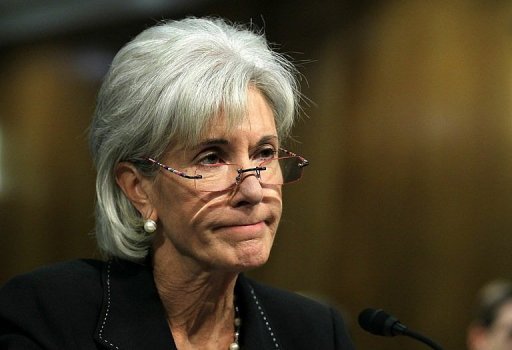The following is a guest post from Wealth-X.
Egypt, land of sun, sea, pyramids, pharaohs – and economic and political turmoil. But don’t let all of that negativity put you off from setting up a neat little import-export venture in the country. When others desert the sinking ship (metaphorically speaking, of course), then that leaves room for others to slide in and fill any gap.
And if some local knowledge and expertise is needed to help push plans along, the banks are always ready with timely and insightful observations on just about everything under the Egyptian sun, from the raft of invaluable import services available to the would-be entrepreneur to the more usual business banking and short- and long-term financing packages making the whole venture possible.
The trouble with Egypt is most of us are bombarded by the same crop of headlines. If they’re all negative – and let’s face it, there’s not been too much else over the last couple of years – then it’s hardly surprising to find perceptions on a rather steeply downward trajectory. But the truth is there is so much happening we’ll never know about simply because we don’t have time to dig beyond those arid headlines. At least, that’s what we all tell ourselves.
A good example is the more than 70 World Bank loans made to micro and small enterprises (MSE) in the country, leading to the creation of no fewer than 111,000 job opportunities. Yes, you read that right. But more importantly, says the World Bank, Egypt’s young people–a severely under-served segment of the population, suffering from disproportionately high unemployment rates–have been effectively targeted.
Good news indeed. So where was mention made of any of this in the United States media? Even a line or two would have sufficed. Or a five-second sound bite for that matter. Incidentally, the money also helped to dramatically increase the number of female-owned MSEs, up from 4,573 in June 2012 to 20,536 by June 2013. Again, not a peep anywhere. That, too, would have been worth a mention in its own right.
Then there’s the Wealth-X list of Africa’s wealthiest individuals. The wealthiest man in Africa is Nigeria’s Aliko Mohammed Dangote, a self-made business tycoon with a personal fortune estimated at $17 billion. Three members of Egypt’s Sawiris family made the list: businessman Nassef Onsi Najib Sawiris ($8 billion) and his brothers Naguib ($7.3 billion) and Onsi ($4.8 billion).
With a combined fortune of $73.2 billion, the top 10 individuals on the Wealth-X list account for .4% of Africa’s ultra-high net worth (UHNW) population but over 20% of the UHNW wealth in the region.
Wealth-X released the latest list as part of the Wealth-X and UBS World Ultra Wealth Report 2013. The study showed that in 2013, Africa’s UHNW population increased by 9.5% to 2,775 individuals with a combined wealth of $350 billion – that a 7.7% rise from last year.
By the way, Wealth-X, regarded as the definitive source of intelligence on the ultra-wealthy, defines the UHNW individual as someone with net assets worth $30 million and above. Hmm…back to the drawing board. How about you?
Check out more from Wealth-X here.




